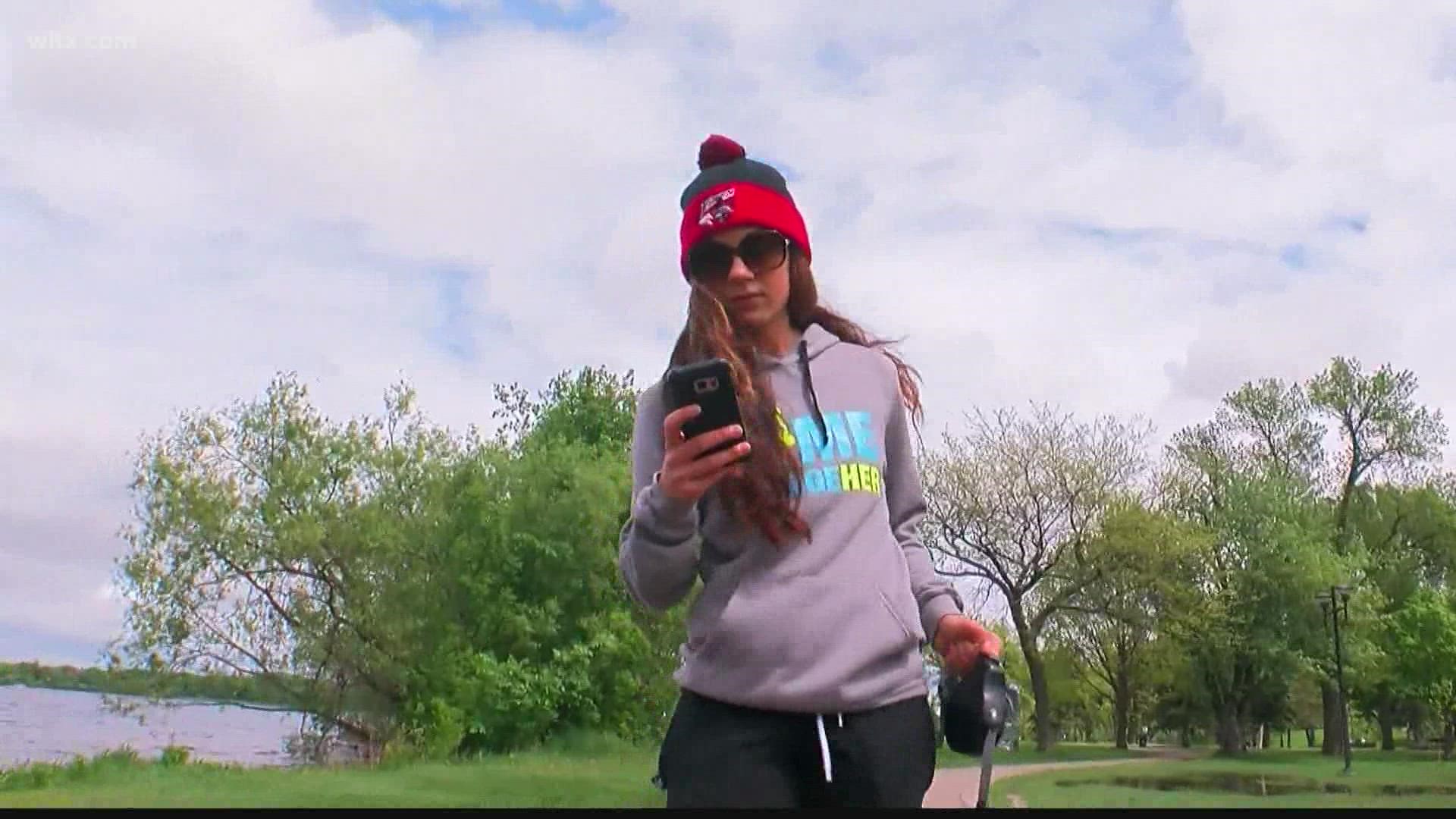COLUMBIA, S.C. — In continuing tough conversation about the seriousness of 911 hoax calls, News 19 is taking a deeper look at how social media is used by teens and how it shapes and impacts their lives.
We sought out the help of a local expert, Dr. Jabari Evans, who has a PhD in media, technology and society from Northwestern. He explores strategies youth use for self-expression on social media platforms.
Evans is an associate professor of race and media at USC.
He explained how different the media landscape is today, sharing that in prior eras we thought of media messages more seriously and how they might cultivate bad ideas for our youth.
"We now live a participatory culture and we have a greater understanding that the conversation that happens up here now has instantaneous feedback from our young people and our young people are no longer just consumers of media, they are producers of media and this is happening in real time on social media platforms such as Twitter, Snapchat, Instagram, and the like," Evans said.
Dr. Evans says there needs to be a level of discernment from young folks, how they're taking in media, sharing it, and tracking it.
"We're at a time in our society where that has to be taken seriously every single time it's put into the universe and so unfortunately we have young people who are going through whatever they're going through in their real lives and there's some disfunction there and that disfunction, that mental health trauma or whatever it is transferring onto these platforms and I think it's time we think about tech companies as media companies," Evans said.
He explains there are tools young people can focus on when it comes to social media, like unplugging for a reset, encouraging friends to be media literate by knowing the impact of their posting, and being their best quality self while online.
But it's also up to us as adults to help direct and give a road map to our youth.
"The internet is a big place, so I think one thing that young people can do is go back to their actual village, the people who actually are right there with them, meaning their parents, meaning the adults in their lives, teachers, mentors, their coaches. I think we've gotten into the space where we like to keep those lives separate and I think young people often feel like they can't come to the adults in their lives about things that they're going through and the things that they're engaging in in digital spaces and vice versa. I think that there needs to be more conversation that happens," Evans said.
Dr. Evans tells News 19 it's best practice to think about the three c's when it comes to social media: The child, context and content.
Evans will be a visiting scholar at the rebooting social media institute at Harvard University in the spring.

